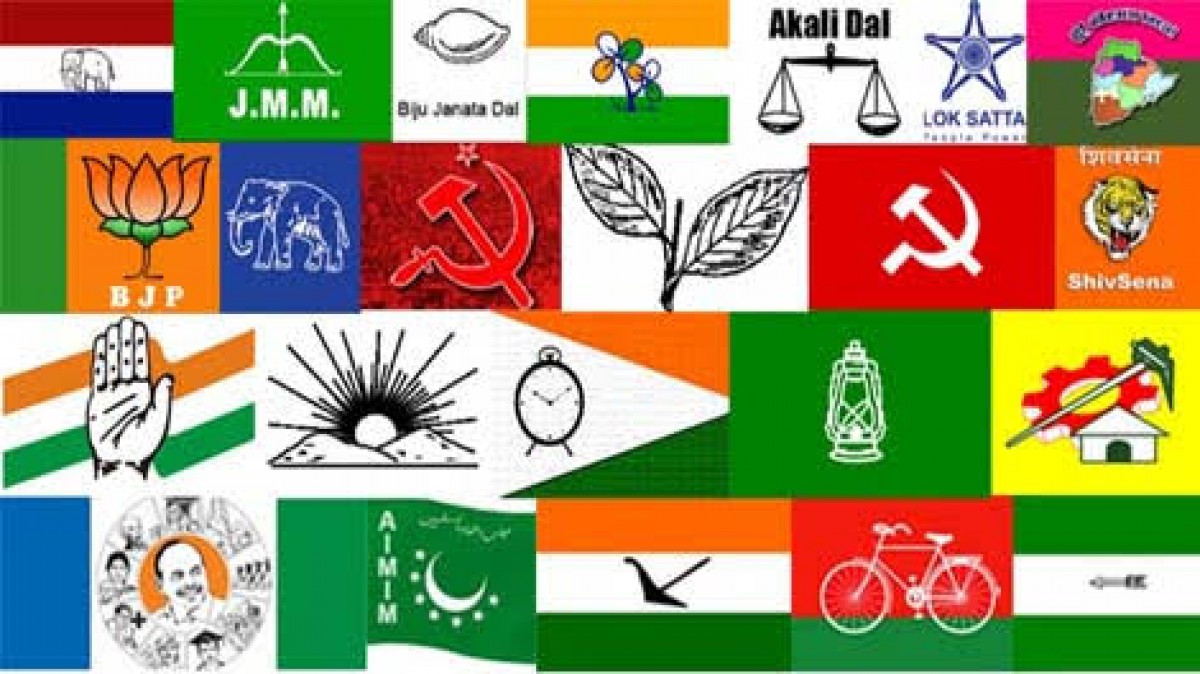The opposition finally won a political victory in 2022, when its two main leaders, Nitish Kumar and Tejashwi Yadav, returned to power. Over the last 12 months, BJP’s grip on politics has tightened. It dominated the presidential and vice presidential elections and won in Uttar Pradesh, Uttarakhand, Manipur, and Goa. It also overthrew the MVA government in Maharashtra by causing a split within the Shiv Sena. Congress has tried numerous different strategies after its defeat in five states, including Punjab, including the lacklustre chintan shivir and the impending statewide padayatra.

The lustre of Mamata Banerjee’s crushing defeat of the BJP in 2017 has worn off. The Aam Aadmi Party (AAP) and Arvind Kejriwal, its leader, have a long way to go despite their recent victory in Punjab. Other regional satraps with national aspirations, like as Sharad Pawar and K Chandrashekar Rao, are caught down in more desperate turf disputes with BJP. To achieve complete dominance of state-level politics, however, is proving more difficult than even BJP had anticipated. Due to Congress’s inability to present itself as a viable alternative to the BJP at the federal level, the main battlegrounds have migrated to state capitals.
As expected, Uddhav Thackeray’s predicament in Mumbai sent shockwaves to Patna, where Nitish’s worry over the BJP destabilising JD(U) apparently reached a breaking point. Opposition parties in Bihar, like those in Maharashtra and Jharkhand, may work together, even if they’re solely motivated by political survival. A Congress truck with the Aam Aadmi Party (AAP) in Gujarat and HP or the Janata Dal (Secular) (JD(S)) in Karnataka is unlikely to win next elections.

While winning at the state level might boost morale and bring in much-needed funding, it is not always indicative of success at the federal level. Congress lost ground in 2019 despite three key victories in the Hindi heartland in 2018. When planning for 2024, the opposition, if they are serious, must first come together under a unified national agenda. With elections shifting to the presidential level, the opposition needs a credible national political face to rally voters behind.
The proposal, however, will probably fail due to the giant egos involved. Third, most people in the opposition now have a lot of political baggage that makes it hard for them to succeed. To provide only one example, Nitish’s falling popularity in Bihar is harmful to his cause. All of Mamata’s efforts to expand her political influence outside Bengal have failed miserably. Still, Nitish’s identification as an OBC and a native of the Hindi heartland, together with his maturity and political savvy, are assets. NDA is eager to extend its national dominance to the states ahead of the next 12 assembly elections in 2022 and 2023. The responsibility for turning state-level support into a viable national campaign falls on the opposition parties.

